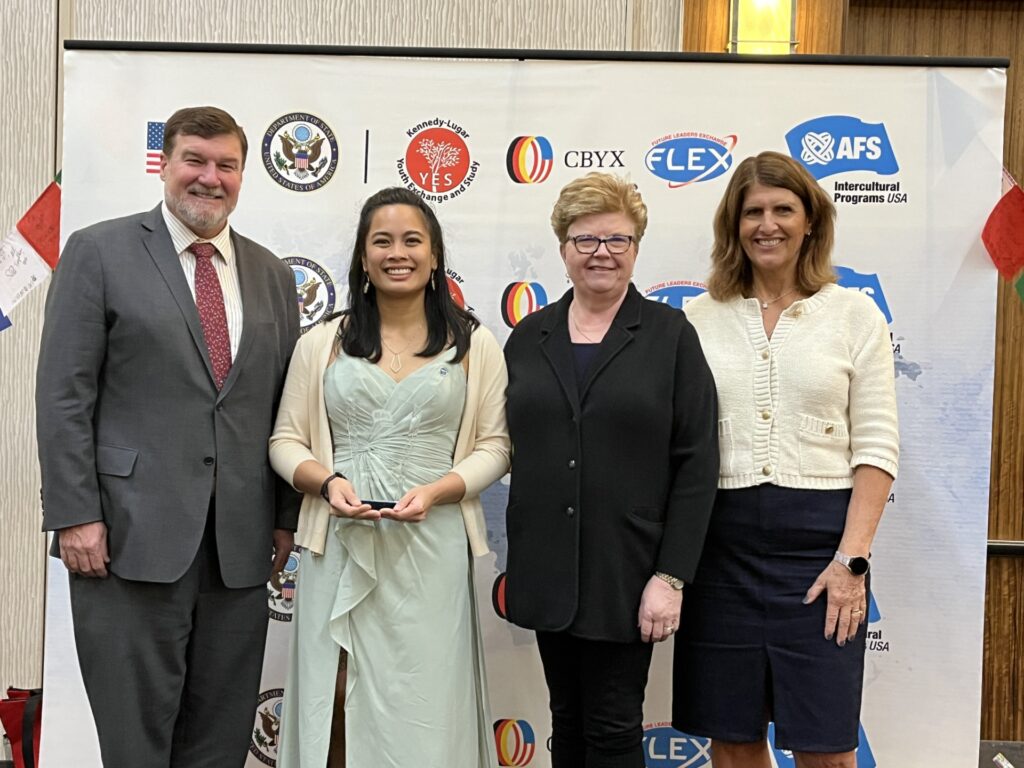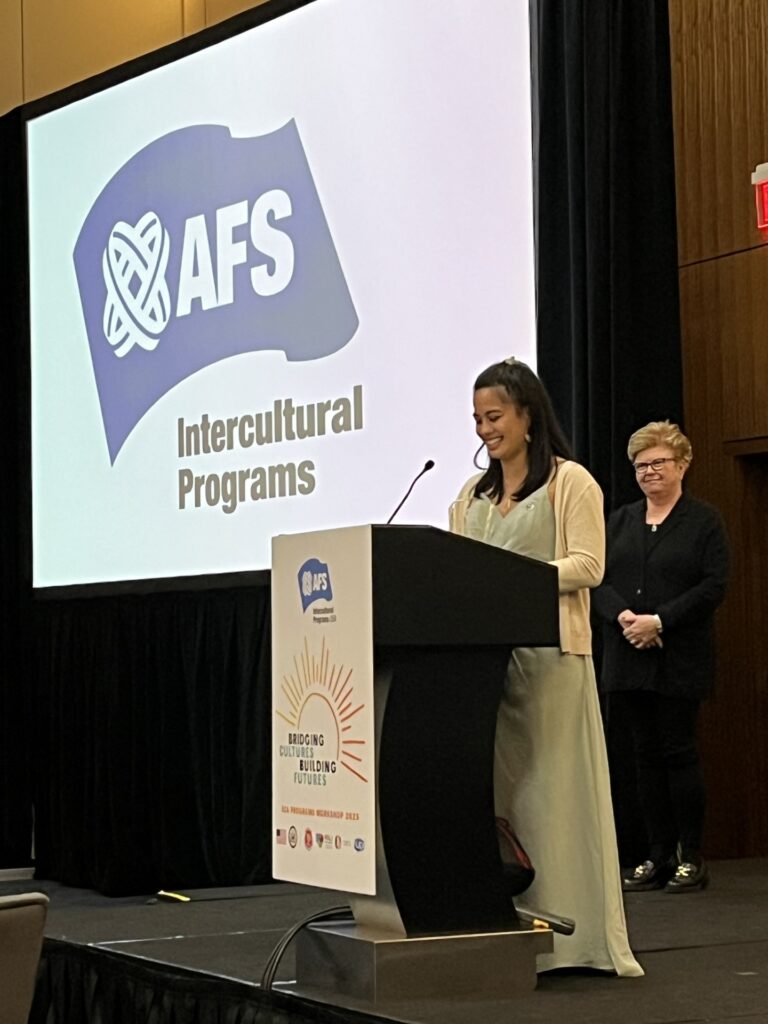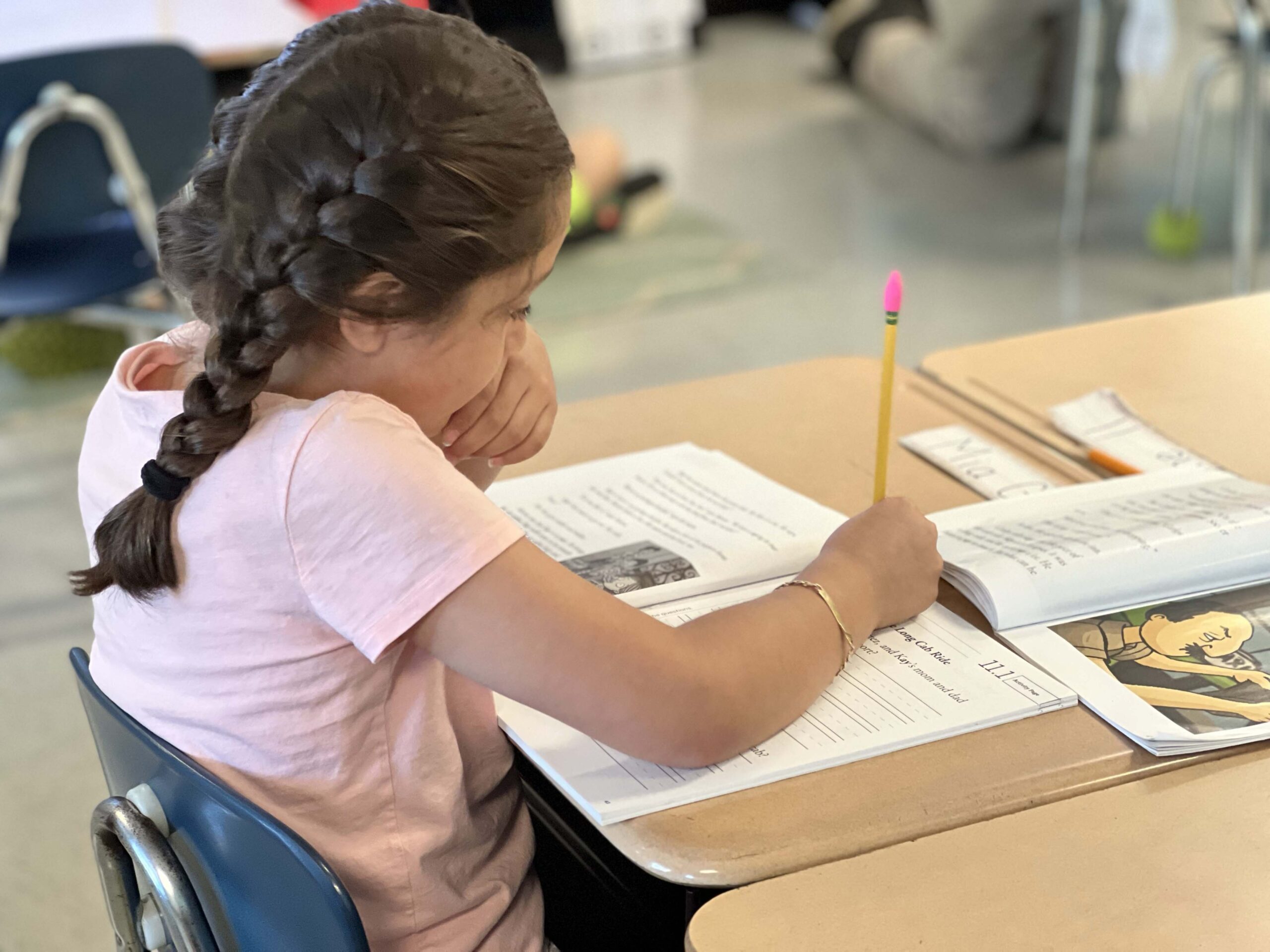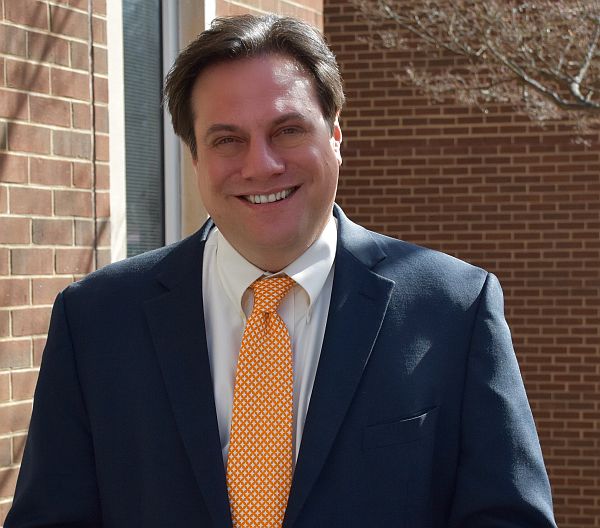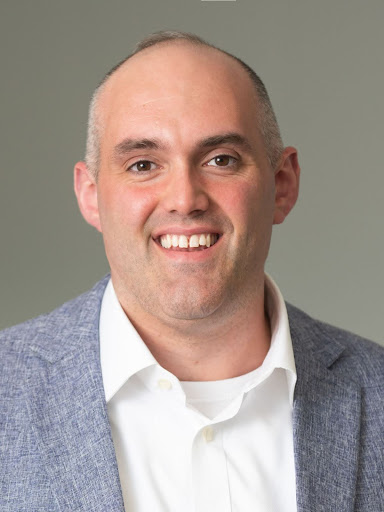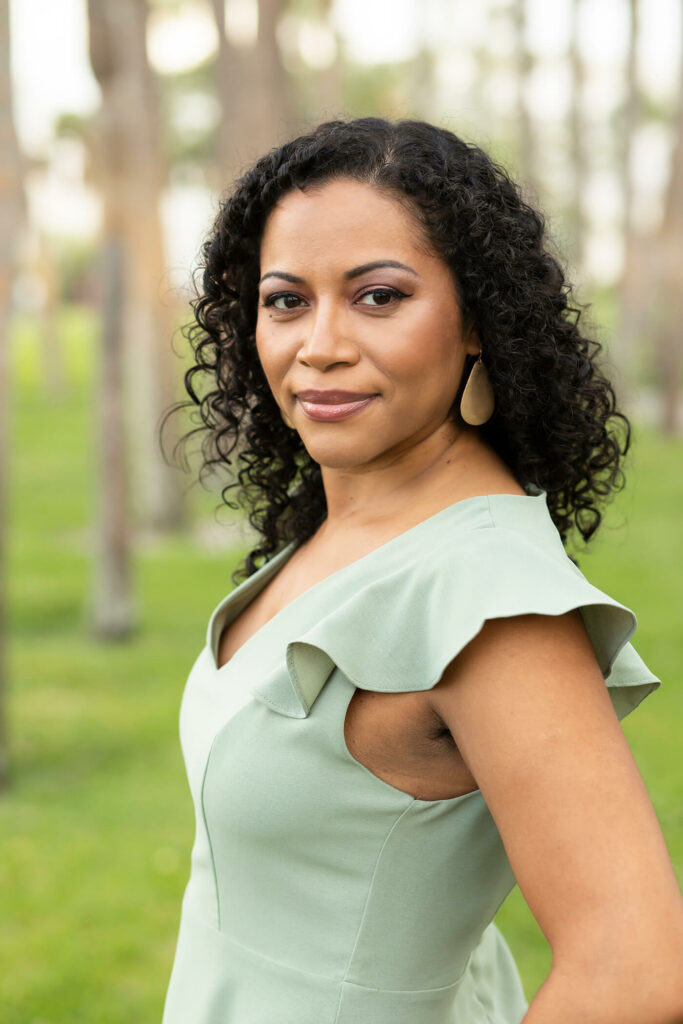Michael Skyer Awarded with the Dr. Jon Henner Memorial Early Career Award by the Association of College Educators – Deaf & Hard of Hearing
Michael Skyer Awarded with the Dr. Jon Henner Memorial Early Career Award by the Association of College Educators – Deaf & Hard of Hearing
By Carly Utterback, CEHHS Student Reporter, Class of 2025
Our very own Michael Skyer, assistant professor of deaf studies and deaf education in the department of Theory & Practice in Teacher Education (TPTE), has received an award for showing an early record of a promising career in both teaching and research in deaf education within five years of obtaining his doctoral degree.
He has been with UT since August 2022 after graduating from the University of Rochester in 2021 with a Doctor of Philosophy degree. He has had over 25 publications listed on Google Scholar since then. His contributions to the TPTE/Deaf Studies team have been recognized by this award.
The Association of College Educators – Deaf & Hard of Hearing (ACE-DHH) presented this award to Skyer at their annual conference in Washington, DC on Feb. 1, 2025.
Skyer says that Henner taught him a lot about writing with clarity and expression.
“That is one of the most important things that I’ve taken away from my friendship and collegial working relationship with Jon. Because this is not just an award, but a named early career

award, I want to recognize and uplift Jon’s legacy in our research field. May he forever rest in power,” said Skyer.
He said also expressed his gratitude toward the ACE-DHH awards committee, for their commitment and nomination. His colleagues, national and international, such as his research mentors and even graduate students sent in letters of support to the directors.
“This award is a recognition by my colleagues of my abilities. This signifies their endorsement of my research agenda primarily, but also their support of me as a person whose ideas matter,” said Skyer.
The Dr. Jon Henner Memorial Early Career Award by ACE-DHH is an incredible accomplishment and testament to the hard work Skyer is putting into his research.
The design of teaching methods has made an appearance in Skyer’s previous publications. In Applied deaf aesthetics towards transforming deaf higher education Skyer focused on the changes that need to be made in classrooms to benefit those who are deaf, deafblind, and hard of hearing.
This design is called “deaf aesthetics,” which creates a more compatible learning experience created specifically for those who are deaf, deaf-blind or hard of hearing. Deaf aesthetics also happens to be more accessible for non-deaf students. Skyer’s work is intended to benefit marginalized deaf learners understand curricula in an equitable manner.
The University of Tennessee has started adapting these designs and Skyer is leading the charge.
“I believe this is one of the most important aspects of how we approach thinking and action within deaf higher education contexts,” said Skyer.
He said it is not enough to just talk about ethics and equity but to embody them physically and conceptually. The development of curricular frameworks and day to day materialization of these aesthetics is a tangible change towards his approach. The conceptual side is building paths away from audism and ableism in all aspects of education.
Skyer oversees a research team consisting of four other faculty including the director of the Council on Education of the Deaf and former masters/doctoral committee advisors. They are working to formalize their approach towards the integration of deaf aesthetics.
This year Skyer said he is most excited about enriching his working relationships both national and international. He is also excited to continue to develop “the empirical arm of [his] study about queerness in deaf communities.”
Since August of 2022, he has brought in one PhD student and has become the dissertation chair for three of UT’s doctoral students. He is also a member of two other dissertation committees at UT as well as two outside of UT. Skyer says most of his doctoral students are Deaf or Hard of Hearing (DHH), queer, or disabled like himself.
As of right now Skyer has a book under contract on Vygotskian deaf pedagogy theory in addition to four other working book proposals. He recently had a poster session with American Educational Research Association (AERA) where he presented about curriculum and deaf education.
His favorite topics of research are the ethical, cognitive, and sociopolitical aspects of art and design in teaching. “This is the wellspring I shall drink from all my life,” said Skyer.
Throughout his own learning career many mentors supported him in pursuit of a doctorate degree. But his strive for higher education came from his mom more than anything. She is a deaf woman with several advanced learning degrees and was a college instructor and counselor for 40 years.
He shared a memory from childhood of him thinking, “That is the peak… that’s the pinnacle… that’s the goal—become a college or university instructor.”
Skyer remarked that his experience at UT has been “tremendous” and that his is “dedicated to supporting an approach to resolving the deep problems of deaf education, that is equally pragmatic and critical. UT gives me wings and space to fly.”

